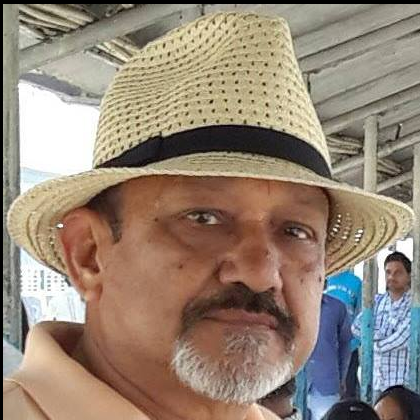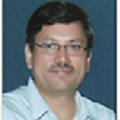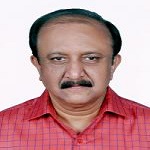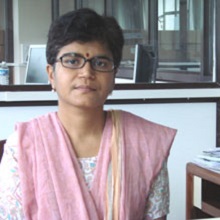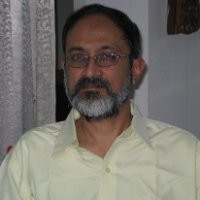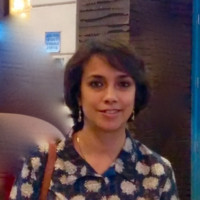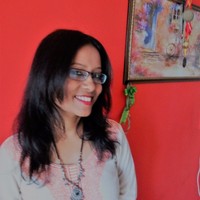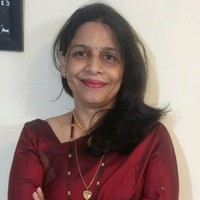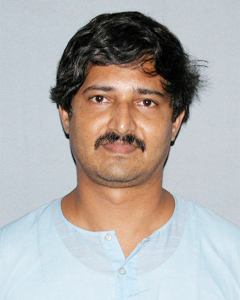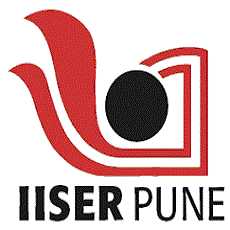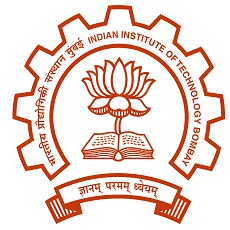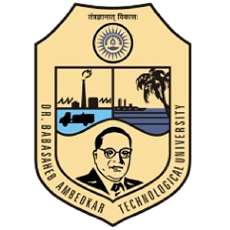Chief Guest
Inaugural Function

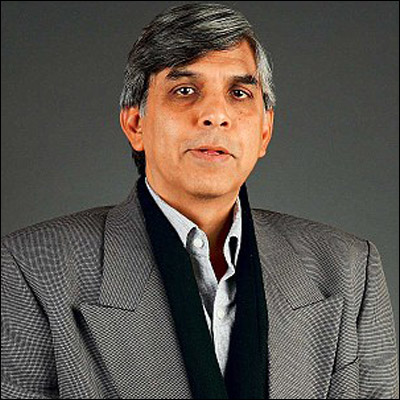
Prof. Dinesh Singh
K.R. Mangalam University
Prof. Dinesh Singh
Prof. Dinesh Singh, Former Vice Chancellor, University of Delhi is a distinguished mathematician and educationist. He has studied at St. Stephen’s College and holds a Ph.D. from the Imperial College of Science, Technology and Medicine, London, ranked amongst the top ten universities globally. He is a Distinguished Senior Fellow, Advanced Hackspace, Imperial College as also Adjunct Professor, University of Houston, Houston, U.S.A. He has been awarded the Padma Shri-one of the highest civilian awards of the Government of India-by the President of India in 2014.

